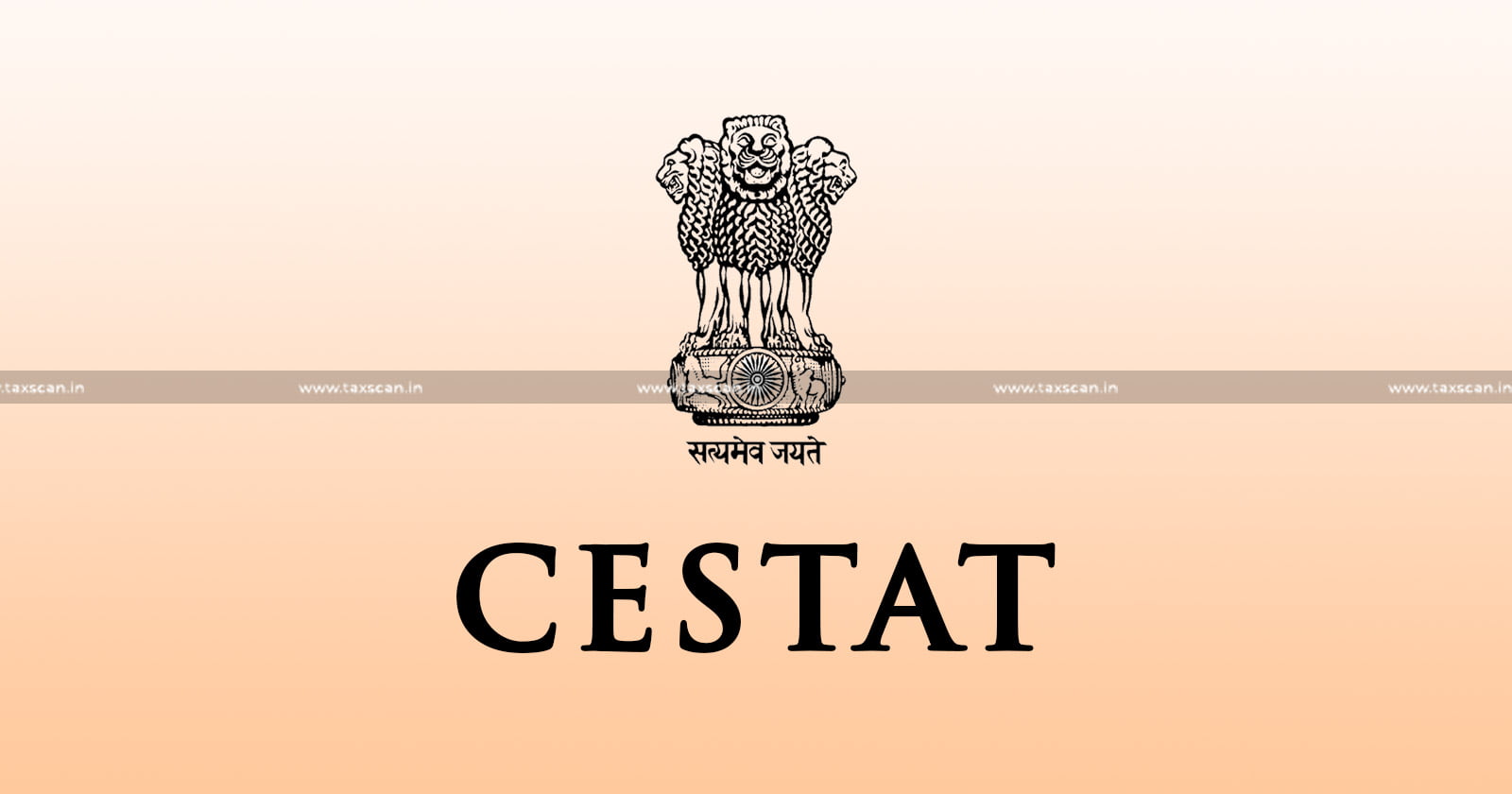Liquidated Damages Not Taxable as Declared Service: CESTAT Allows Gujarat Industries’s Appeal on Service Tax Demand [Read Order]
The Tribunal held that penalty clauses in contracts are merely safeguards for timely performance and cannot be treated as taxable services attracting service tax.
![Liquidated Damages Not Taxable as Declared Service: CESTAT Allows Gujarat Industries’s Appeal on Service Tax Demand [Read Order] Liquidated Damages Not Taxable as Declared Service: CESTAT Allows Gujarat Industries’s Appeal on Service Tax Demand [Read Order]](https://images.taxscan.in/h-upload/2025/09/29/2092398-liquidated-damages-taxable-declared-service-cestat-gujarat-industriess-appeal-service-tax-demand-taxscan.webp)
The bench of the Customs, Excise and Service Tax Appellate Tribunal (CESTAT), Ahmedabad, has held that liquidated damages collected by a company from its contractors and vendors do not fall under the scope of “declared service” under Section 66E(e) of the Finance Act, 1994.
The case arose out of investigations initiated by the Directorate General of Goods and Services Tax Intelligence (DGGI), Surat Zonal Unit, against Gujarat Industries Power Company Limited (GIPCL), covering both its Surat Lignite Power Plant and Vadodara unit. The department found that the company had recovered liquidated damages and penalty charges from contractors and suppliers for delayed or deficient performance but had not discharged service tax on such recoveries.
 Also Read:Relief for Eastern Coalfields: CESTAT Rules Recovery of Liquidated Damages from Suppliers for Breach of Contract Not Declared Service [Read Order]
Also Read:Relief for Eastern Coalfields: CESTAT Rules Recovery of Liquidated Damages from Suppliers for Breach of Contract Not Declared Service [Read Order]
It was alleged that from 01 July 2012 to June 2017, the Surat unit had not paid service tax on recoveries worth ₹40,43,92,244. Similarly, for the Vadodara unit, the department computed unpaid service tax of ₹4,28,32,17 for the same period. Show cause notices were issued in March and May 2018, also proposing penalties under Sections 76, 77 and 78 of the Finance Act, 1994, and separate penalties under Section 78A on two finance officials of the company.
For the Surat unit, the Principal Commissioner of Central Excise, Customs and Service Tax, Surat, by order dated 04 March 2019, dropped the proposed demand of ₹4,99,97,827 and penalties, including a separate penalty on its Finance Officer. The revenue filed an appeal against this order before the Tribunal.
For the Vadodara unit, the Principal Commissioner, CGST, Vadodara-I, by order dated 28 March 2019, confirmed a service tax demand of ₹4,28,32,174 along with penalties under Sections 77 and 78 of the Finance Act, 1994, though she refrained from imposing penalty on its Finance Officer. Aggrieved by this confirmation, GIPCL, Vadodara, filed an appeal before the Tribunal.
Since both matters involved a common issue, the Tribunal heard them together.
 Also Read:Liquidated Damages Not Taxable as Declared Service: CESTAT sets aside Service Tax Demand, Extended Limitation Unsustainable [Read Order]
Also Read:Liquidated Damages Not Taxable as Declared Service: CESTAT sets aside Service Tax Demand, Extended Limitation Unsustainable [Read Order]
Represented by Mihir G. Rayka, the department argued that liquidated damages and penalties collected by GIPCL clearly represented consideration for “tolerating an act” of breach by contractors, falling under the ambit of Section 66E(e) of the Finance Act, 1994. It was contended that the contractual terms themselves authorized recovery of damages in case of delays or deficiencies and that this arrangement constituted a taxable declared service.
It was further argued that GIPCL failed to disclose such receipts in its service tax returns and hence extended limitations and penalties were correctly invoked.
Represented by Rahul Gajera, GIPCL submitted that liquidated damages are compensation for losses suffered due to breach of contract and cannot be treated as consideration for any service. It was contended that the contracts entered into with vendors were for execution of projects, not for tolerating breaches of contract, and hence the department’s classification was incorrect.
 Also Read:Delay Payment Charges Not Taxable as Declared Service Under Section 66E(e): CESTAT [Read Order]
Also Read:Delay Payment Charges Not Taxable as Declared Service Under Section 66E(e): CESTAT [Read Order]
It was further pointed out that even within the department, contradictory stands were taken, as the Surat Commissioner dropped the demand while the Vadodara Commissioner confirmed it on the same issue. It was also argued that since the issue was interpretational, no extended period of limitation could be invoked, nor could penalty be imposed, relying on the Supreme Court ruling in Continental Foundation Joint Venture v. Commissioner (2007).
The bench comprising Judicial Member, Somesh Arora and Technical Member, Satendra Vikram Singh held that the issue of levy of service tax on liquidated damages is no longer res -integra. Referring to earlier rulings, including Gujarat State Electricity Corporation Ltd. (2024) and South Eastern Coalfields Ltd. (2020), the Tribunal observed that liquidated damages are in the nature of compensation for breach of contract and cannot be treated as consideration for any service under Section 66E(e). It emphasised that penalty clauses in contracts are merely safeguards for commercial interests and cannot amount to agreements to provide taxable services.
Accordingly, the Tribunal allowed the appeal filed by GIPCL, Vadodara, setting aside the demand of ₹4,28,32,174.
Consequently, dismissed the department’s appeal against the Surat order that had dropped the demand of ₹4,99,97,827.
Support our journalism by subscribing to Taxscan premium. Follow us on Telegram for quick updates


